Leverage Transactional Funding as a Real Estate Wholesaler: Master the Art of Double Closings and Hide Your Markup
Real estate wholesaling is a popular and effective way to make profits in the property market. As a real estate wholesaler, you have likely heard of transactional funding – a short-term financing option that can help you close deals seamlessly. However, you might still be wondering how this funding works and how it can be used to your advantage in double closings while keeping your markup a secret. This blog article will explore the ins and outs of transactional funding and provide insight into how you can use it to maximize your profits.
WHAT IS TRANSACTIONAL FUNDING?
Transactional funding is a short-term financing solution designed specifically for real estate wholesalers and investors. It provides them with the funds needed to purchase a property from a seller and then immediately sell it to an end-buyer, all within a short time frame. This type of funding is particularly useful when the wholesaler does not have the necessary cash or credit to close the deal themselves.
HOW TRANSACTIONAL FUNDING WORKS IN DOUBLE CLOSINGS
Double closing, also known as “back-to-back” closing, is a technique used by wholesalers to close two transactions simultaneously. In this scenario, the wholesaler (A) buys the property from the seller (B) and then immediately sells it to the end-buyer (C). Both transactions are usually completed on the same day or within a few hours of each other.
Transactional funding comes into play in the following manner:
- The wholesaler secures a contract with the seller (A-B contract) at a negotiated price
- The wholesaler then finds an end-buyer and negotiates a higher price for the property (B-C contract).
- The wholesaler applies for transactional funding to finance the A-B transaction.
- Once approved, the funds are wired to the title company or closing agent, and the A-B transaction is closed.
- The funds from the end-buyer (B-C transaction) are used to pay back the transactional funding, plus any associated fees. Typically the lender’s funds who is providing is the permanent financing on the B-C transaction are used to payoff the A-C transaction.
- The wholesaler pockets the difference between the A-B and B-C contracts as profit.
BENEFITS OF TRANSACTIONAL FUNDING
The use of transactional funding in double closings offers several advantages to real estate wholesalers:
- No credit checks or income verification: Since transactional funding is asset-based, it typically does not require credit checks or income verification. This makes it an attractive option for wholesalers with limited credit or financial history.
- Quick funding: Transactional funding can be obtained relatively quickly, often within a few days or hours, which is perfect for the fast-paced nature of wholesaling.
- Hide your markup: One of the most significant benefits of using transactional funding for double closings is the ability to keep your markup hidden from both the seller and the end-buyer. This can help you maintain a competitive edge and prevent any potential disputes over your profit margins.
- Reduced risk: By using transactional funding, you minimize the risk associated with using your own funds or relying on hard money loans with high-interest rates.
Transactional funding is an invaluable tool for real estate wholesalers, particularly when it comes to double closings. It enables you to close deals swiftly, without the need for personal funds or credit, and keeps your markup hidden from the parties involved. By understanding the intricacies of transactional funding and how it can be applied to your business model, you can maximize your profits and thrive in the competitive world of real estate wholesaling.




